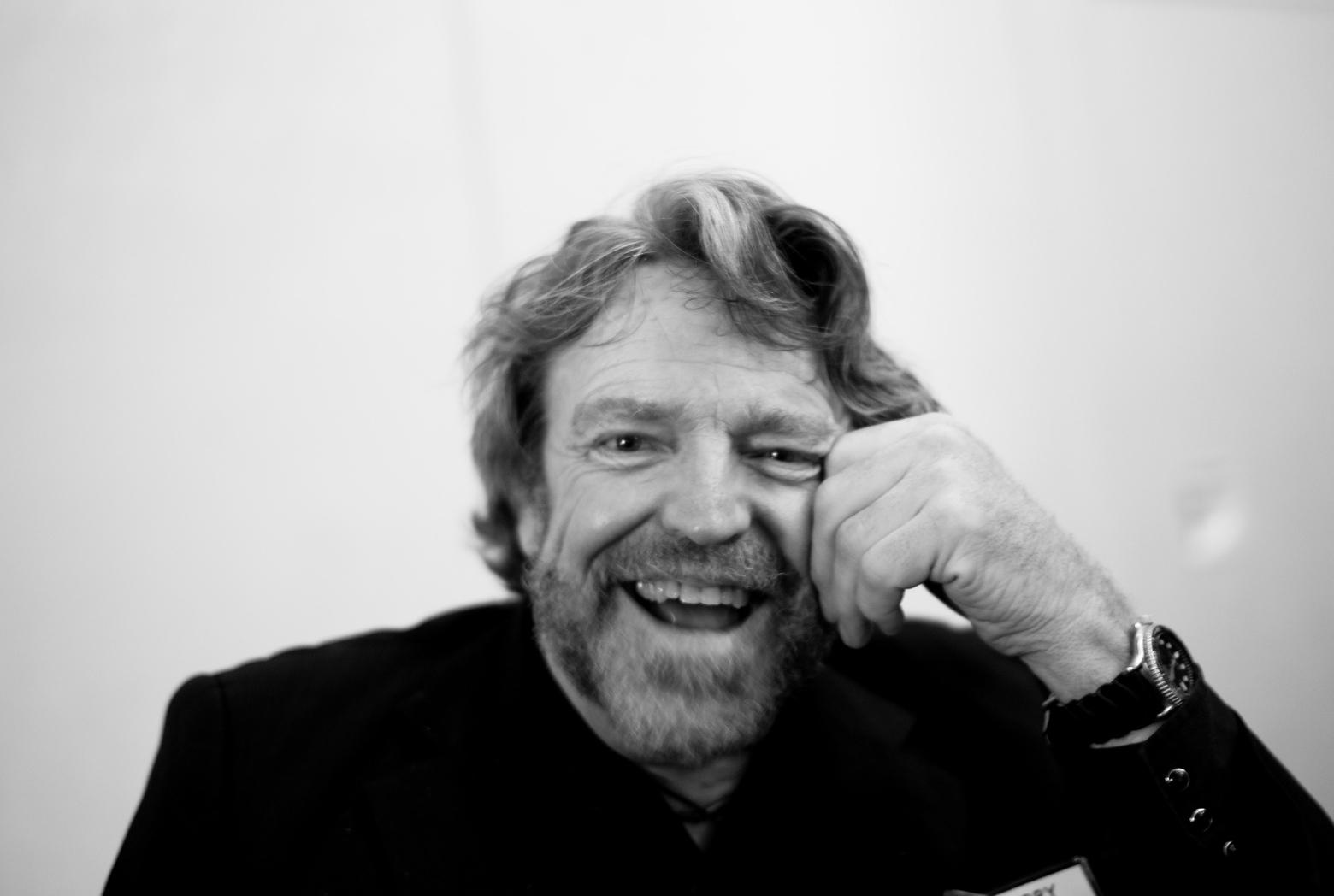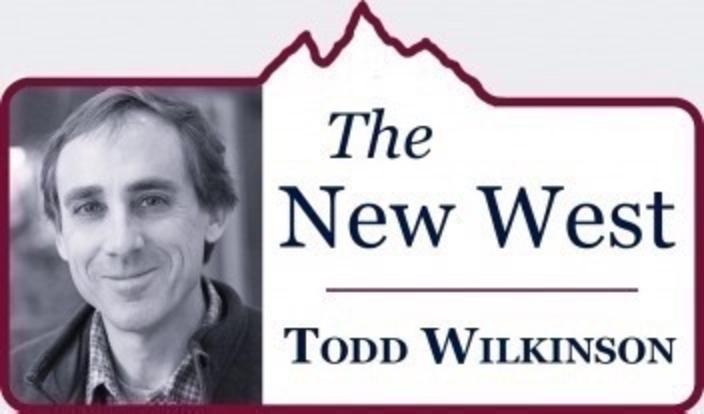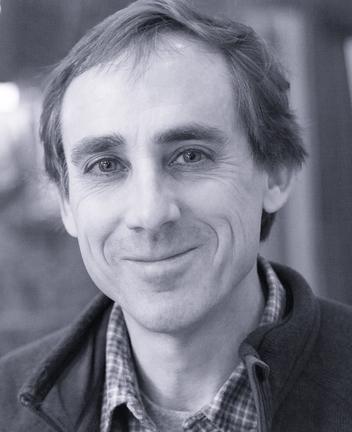Back to StoriesWyoming’s Oracle of Cyberspace Searched For A Better Community
April 16, 2018
Wyoming’s Oracle of Cyberspace Searched For A Better Community John Perry Barlow recognized the possibility of virtual reality but his reset button was the natural world
2.0 Generic (CC BY 2.0)
Early in April at the vaunted Fillmore in San Francisco, the city where he established himself as a modern thinker, John Perry Barlow’s spirit was released into the cosmic ether with a celebration staged by his friends and admirers.
Early in April at the vaunted Fillmore in San Francisco, the city where he established himself as a modern thinker, John Perry Barlow’s spirit was released into the cosmic ether with a celebration staged by his friends and admirers.
I was not there. I cannot claim my relationship with Barlow was close, though over the years we had many conversations related to stories I was writing.
Most of the pieces had to do with the environment, his identify as a Wyomingite and, of course, his rise as an oracle in pondering the limitless potential of cyberspace.
Barlow would often stop by the Jackson Hole News during the 1980s on trips north from Pinedale. He’d say hello to the late David J Swift, Ted Wood, managing editor Angus Thuermer, Jr., and the paper’s publisher Michael Sellett.
He always strolled in dapperly attired, wearing jeans and cowboy boots, a western shirt, scarf tied neatly around the neck and tweed coat. He possessed mystique; here was a lyricist for The Grateful Dead; a man who served as a friend and mentor to John F. Kennedy Jr. at Barlow’s ranch in Sublette County during Kennedy’s impressionable adolescence; and a self-styled redneck Libertarian Republican who served as a board member on the Wyoming Outdoor Council at the behest of Tom Bell.
It was owed to Barlow that I got my first email account—a hastily-created AOL address that I still hold today. I had to get one because that was how Barlow wanted to do one of our interviews via a dial-up server that connected to his address with the Electronic Frontier Foundation.
In the mid 1990s, I wrote a profile about Barlow for an airline magazine. I interviewed his New York City friend, the late writer and monologue performer Spalding Gray. Gray referred to Barlow reverentially as a deceptively-deep post-modern philosopher who had an ability to look around corners into the future.
"...here was a lyricist for The Grateful Dead; a man who served as a friend and mentor to John F. Kennedy Jr. at Barlow’s ranch in Sublette County during Kennedy’s impressionable adolescence; and a self-styled redneck Libertarian Republican who served as a board member on the Wyoming Outdoor Council at the behest of Tom Bell.
I wasn’t interested then in discussing Barlow’s lyrical feats with the Dead or the role he played in Kennedy’s life. My piece was prompted by an essay he had written for The Utne Reader titled “Is There A There In Cyberspace?”
The narrative offers a beautiful description of why he became intrigued with the promise of cyberspace liberating and democratizing the flow of information, ostensibly free of interference and control by governments and corporations.
The fact that so much changed was of major horror to Barlow who, in recent years, became a good friend of Edward Snowden.
In utopian theory, the internet offered a way in for everyone, for it belonged to no one like the high seas. Interestingly, at the same time Barlow became a leading figure in championing the internet, he was among those who insisted Greater Yellowstone be viewed as an “ecosystem.”
“…diversity is as essential to a healthy community as it is to healthy ecosystems (which are, in my view, different from communities only in unimportant aspects,” he wrote in Utne, believing that cyberspace, like nature, could serve as a welcoming home of interconnection for all.
In recent years, he grew disappointed, angry and disenchanted by government intelligence eavesdropping and social media entities severely betraying the public trust.
More troubling, he lamented, was that the virtual community where ideas and opinions could be shared also brought out the vilest impulses in people.
“I have no idea how far we will plunge into this strange place (the internet). Unlike previous frontiers, this one has no end. It is so dissatisfying in so many ways that I suspect we will be more restless in our search for home..." —John Perry Barlow
In the 1990s, he observed, “I have no idea how far we will plunge into this strange place (the internet). Unlike previous frontiers, this one has no end. It is so dissatisfying in so many ways that I suspect we will be more restless in our search for home here than in all our previous explorations.”
Over the years, Barlow’s thinking about cyberspace, intellectual property, privacy, security, and creativity continued to evolve and world leaders sought him out for conversation.
A century from now, his philosophical posits, I am certain, will be as highly regarded as those by existentialist John-Paul Sartre.
Much of Barlow’s cannon can be read—free—at the Electronic Frontier Foundation. There, you’ll find plenty of fodder relating to these uncertain times and the big questions facing us.
So, ask yourself the same question Barlow did: is There a There in cyberspace?
What Barlow wanted most was achieving community to which we all belonged equally, brought together by free will and a spirit of love.




